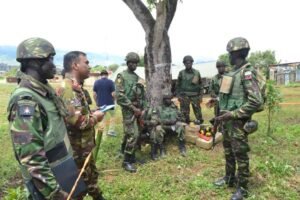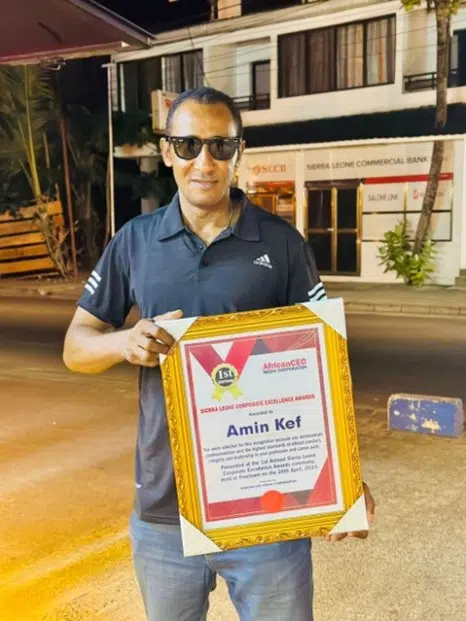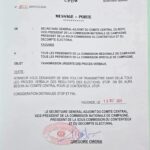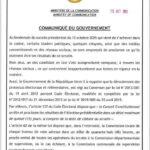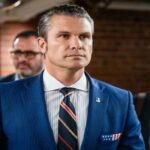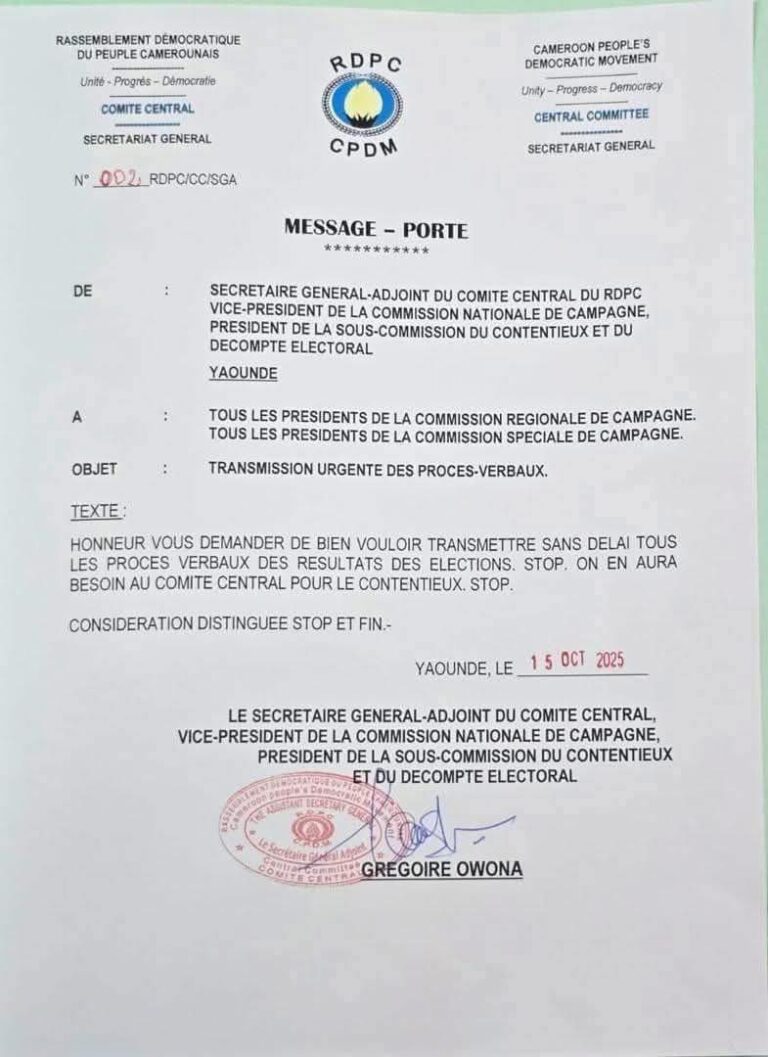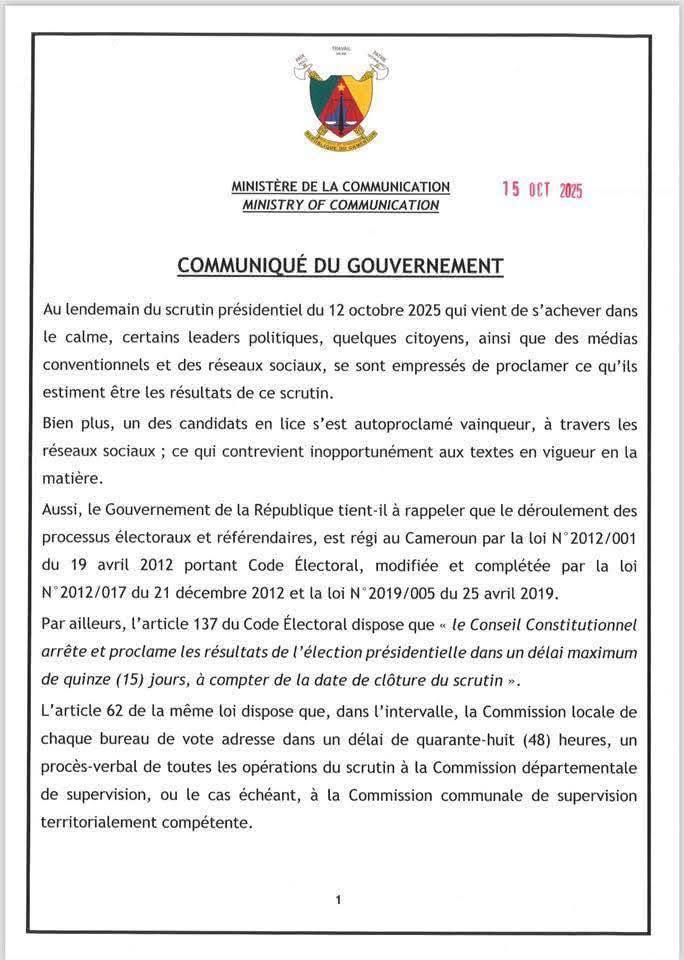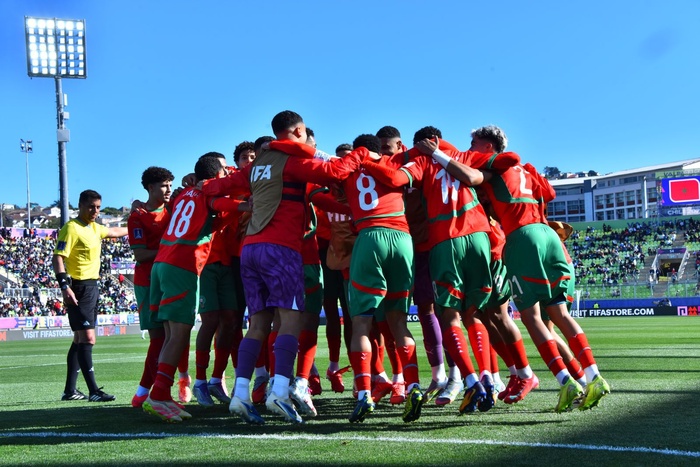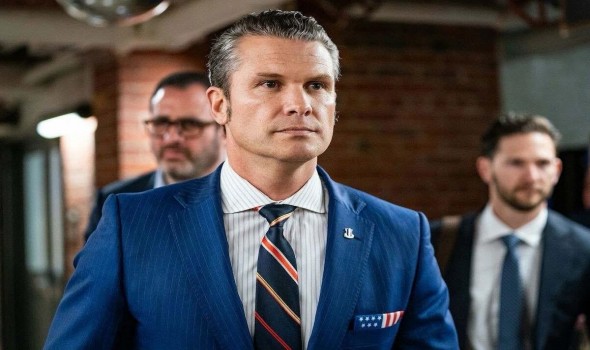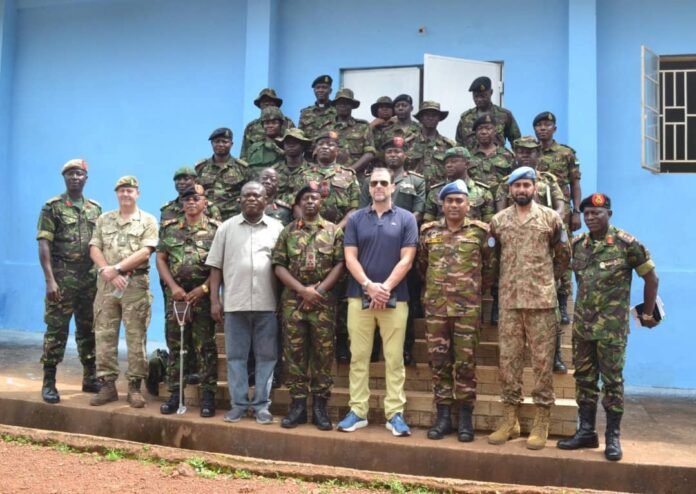
By Amin Kef (Ranger)
A four-man United Nations Assessment and Advisory Visit (AAV) team, accompanied by British and Canadian observers, recently concluded a comprehensive evaluation of the Republic of Sierra Leone Armed Forces (RSLAF)’s preparedness for international peacekeeping missions.
The mission, led by James D’Ercole from the UN Department of Peacekeeping Operations (DPKO) in New York, was carried out between 1st and 2nd October 2025. It formed part of ongoing global efforts to strengthen troop-contributing countries’ compliance with UN standards and operational readiness for future deployments.
According to the UN’s Statement of Unit Requirements (SUR), the evaluation covered the RSLAF’s capabilities in training, personnel, gender inclusivity, logistics, equipment readiness and medical response systems. The team inspected various military hardware, including armored vehicles, arms and ammunition, assessing their suitability for peacekeeping operations.
The visit follows through on a pledge made by President Brigadier (Rtd.) Julius Maada Bio, Commander-in-Chief of the RSLAF, during the 2021 Armed Forces Day celebrations, to return Sierra Leone’s troops to the international peacekeeping arena. Since then, President Bio has secured critical equipment and logistical support through diplomatic engagements and international partnerships.
Recently, the African Union (AU) donated military hardware valued at approximately US$10 million to the RSLAF. The donation includes armored infantry carriers, armored ambulances, troop carriers, protective assault vehicles, heavy-duty cargo trucks, water and fuel bowsers, SUVs, combat jeeps, forklifts and related logistics vehicles; all aimed at enhancing the country’s operational capacity in peace missions.
Under the leadership of Lieutenant-General Amara Idara Bangura, Chief of Defence Staff (CDS), the RSLAF has established a 200-person peacekeeping contingent currently undergoing specialized training at the Peace Mission Training Centre (PMTC). Upon nearing the completion of their training, the CDS formally invited the UN AAV team to assess the force’s readiness for deployment.
This initiative represents a significant milestone in Sierra Leone’s renewed commitment to international peacekeeping after a decade-long hiatus. The last contingent was withdrawn in 2014 following the Ebola outbreak, which disrupted troop rotations and international operations.
Sierra Leone boasts a long and distinguished history in peacekeeping, dating back to 1961, when it first participated in the United Nations Operation in the Congo (UNOC); Africa’s first major UN mission following independence movements across the continent.
The nation’s subsequent contributions include:
- Liberia (1990) under ECOMOG, supporting the Government of President Samuel Doe against rebel incursions.
- Darfur, Sudan (2010) under the UN-African Union Mission in Darfur (UNAMID), where Sierra Leone deployed reconnaissance contingents and produced the late Brigadier-General Komba Sylvester Mansa-Musa Mondeh, who later served as Acting Force Commander — the first Sierra Leonean to hold such a role.
- Somalia (2013) under AMISOM, where the 850-strong LEOBATT 1 Contingent served in Kismayo, Tabda and Dobley. Due to their exceptional performance, Sierra Leone was authorized to command Sector 2, led by the late Brigadier-General Tamba Rodnic Allieu.
The recent UN assessment marks the first major step toward Sierra Leone’s re-entry into peacekeeping operations. With the successful completion of the AAV process and continued support from the international community, the RSLAF could soon redeploy to global peace missions; reaffirming Sierra Leone’s reputation as a resilient and dependable partner in promoting international peace and security.
